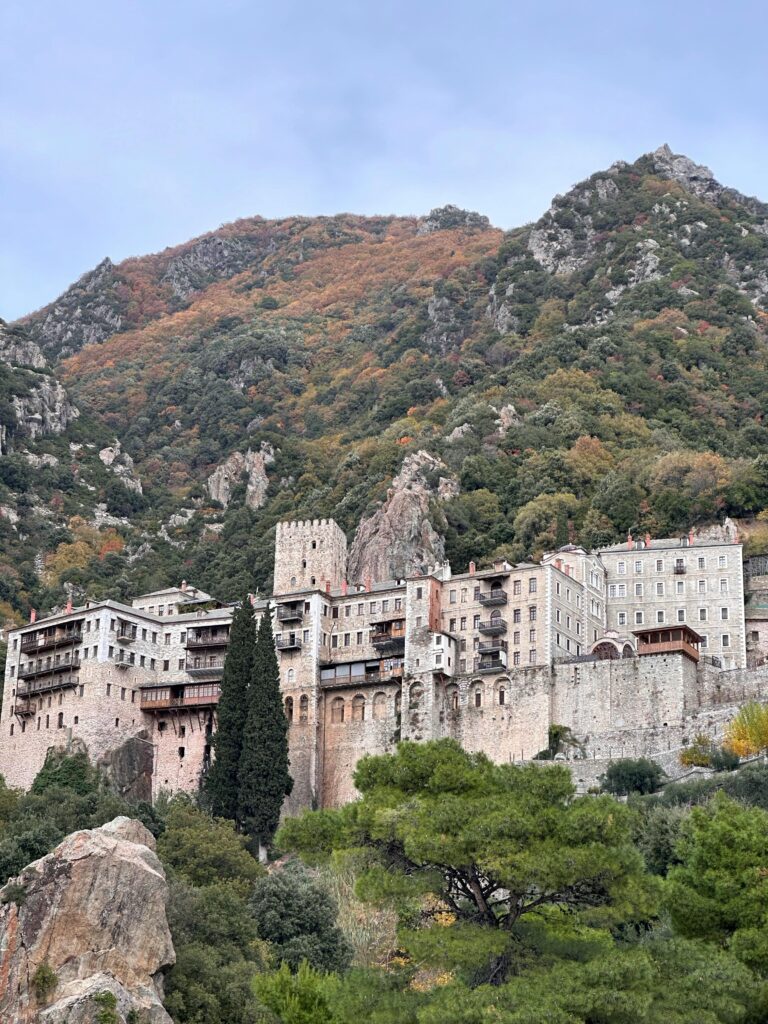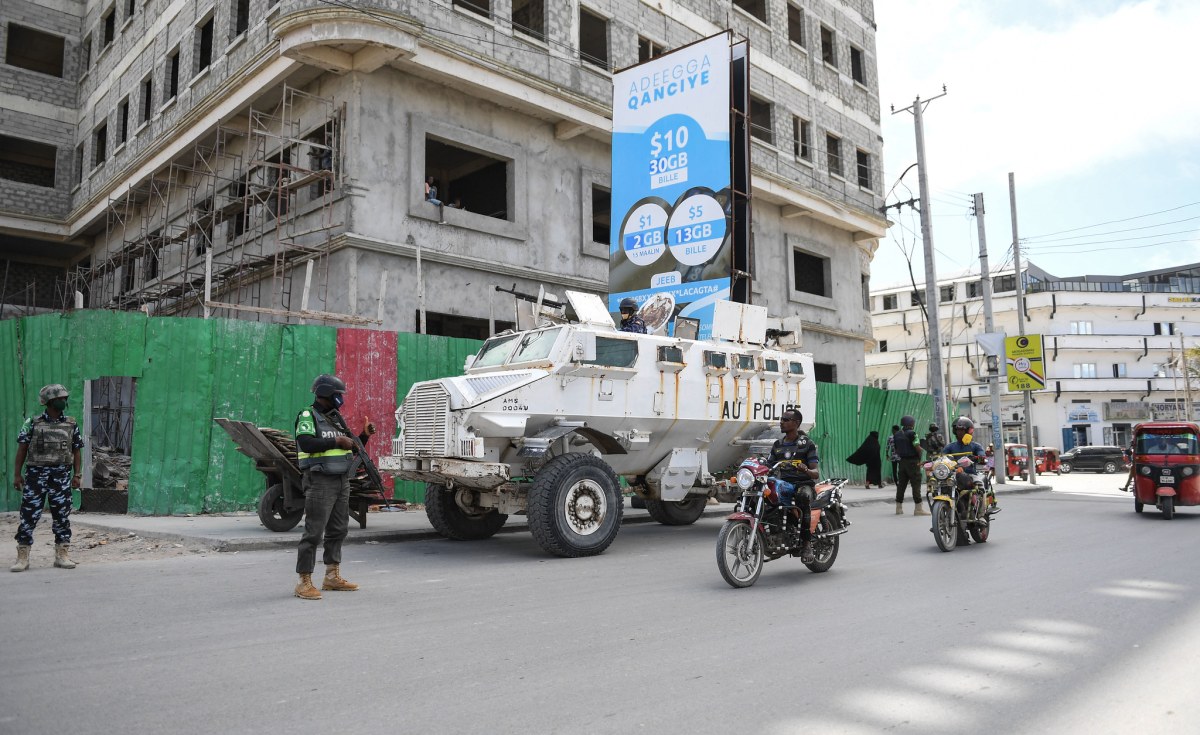The European Parliament convened last week for its final plenary session before the summer break. Its agenda was ambitious, filled with proposals and files that need approval before the end of the mandate next year. Some were rejected, but many were adopted, including the parliament’s resolution calling for EU action on search and rescue missions in the Mediterranean.
Initiated by the Renew Europe group and supported by the main parliamentary groups, this resolution constitutes an unprecedented move by our EU Parliament.
We have called for the establishment of a comprehensive and long-term EU search-and-rescue mission, implemented by member states and Frontex, the EU’s border and coast guard agency. This is not only a necessary act, a legal obligation under both EU and international law, but also a humane act, a demonstration of solidarity that underscores the European Union’s commitment to upholding its fundamental values of compassion and respect for human life.
The resolution’s importance cannot be understated.
Since January, nearly 2,000 migrants have died crossing the Mediterranean, and last month, a ship carrying refugees capsized off the coast of Pylos, Greece, drowning nearly 600 migrants.
While the Greek coast guard asserts the migrant vessel declined aide prior to the incident, a BBC investigation reached different conclusions, suggesting the boat was likely in distress for hours prior to sinking.
If true, this neglect would constitute a damning violation of international law, but accountability has not been forthcoming, as the Greek government’s probe into the tragedy will be secret.
Under the resolution’s proposed guidelines, there would be no secrecy; if properly implemented, the EU’s transparency and accountability rules would apply for shipwrecks, ensuring that future investigations are independent, prompt, and publicly uncover the truth.
For a long time, member states have not taken their full responsibilities for search and rescue, leaving humanitarian NGOs to fill in the gaps. While their altruism is commendable, search and rescue is a state obligation.
This proposed resolution finally acknowledges this EU responsibility, reinforcing the capabilities and authority of Frontex, providing concrete accountability measures for member states, granting the EU Commission a greater coordinating role for operations at sea and giving it the authority to assess the search and rescue practices of member state coast guards.
At the same time, the fight against smugglers and human traffickers is a key component of our comprehensive and long-term EU search and rescue mission. We must dismantle the criminal networks who overcrowd their vessels and create unsafe conditions, including in third countries; the resolution’s proposed expansion of Frontex’s support would help achieve this goal. We call upon the commission, the Council, member states and all other concerned actors to implement these proposals of the parliament.
However, more work needs to be done.
The humanitarian crisis in the Mediterranean is a symptom of a larger problem that has threatened the EU’s international accountability for years: the absence of safe and legal pathways for migration and asylum in Europe.
The Spanish EU presidency, which assumed its role on 1 July, has identified this as a priority and expressed its intention to finalise the New Pact on Asylum and Migration, a work-in-progress since 2020. Its passage will require concerted legislative efforts by the presidency, but it is imperative that we cooperate to complete this important work.
The pact would streamline asylum procedures, strengthen external border controls, implement measures to better integrate migrants and asylum seekers into European society, and further delineate transparency requirements for migration incidents, among other measures. More generally, it would formally ground the EU’s immigration policy in solidarity and responsibility sharing.
Progress has been made on this important measure; earlier this year, the Renew Europe group played a key role in securing the cross-party majority that led parliament to adopt its position on the pact’s regulations, and since then, the council has agreed on its negotiation position for several of the key regulations.
This includes a mandatory solidarity mechanism, which would alleviate the burden on Mediterranean, Balkan and eastern European member states. However, the council must still find a compromise on one of the most important elements, the crisis regulation, which would set specific rules for migration enforcement during emergencies.
For the pact to be effective, we must clearly define this regulation’s limits so that no member state can abuse the powers included within the clause.
But time is running out. To implement these reforms by the end of the mandate, the council and parliament must reach an agreement by February 2024. If we fail to seize momentum, a reform of the EU’s asylum and migration system will disappear over the horizon, further condemning Europe to its current, dysfunctional system.
The Spanish presidency has a huge responsibility on its shoulders to ensure we reach a deal. We at the Renew Europe group are ready to start swift and pragmatic negotiations. Lives are on the line.





















Discussion about this post